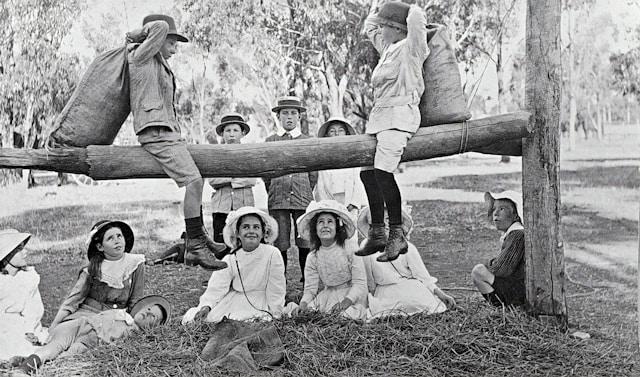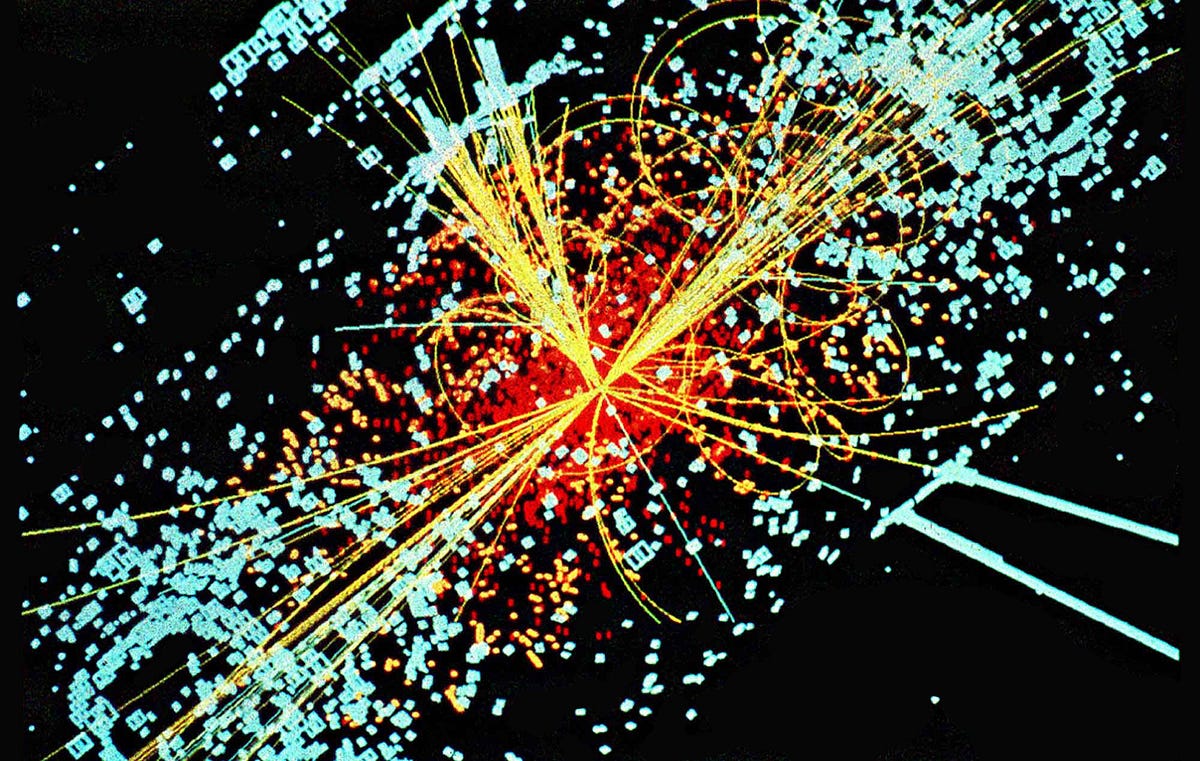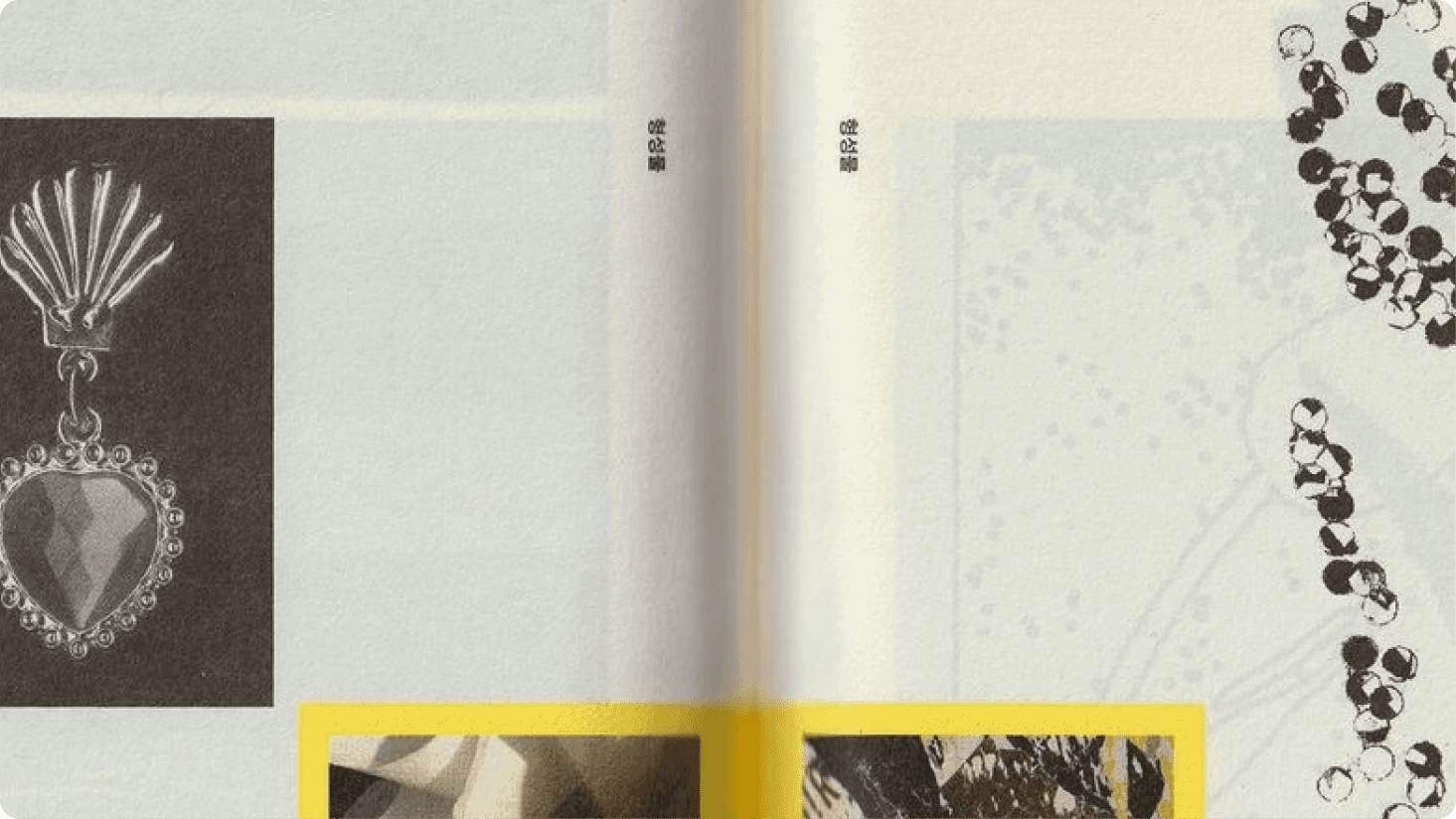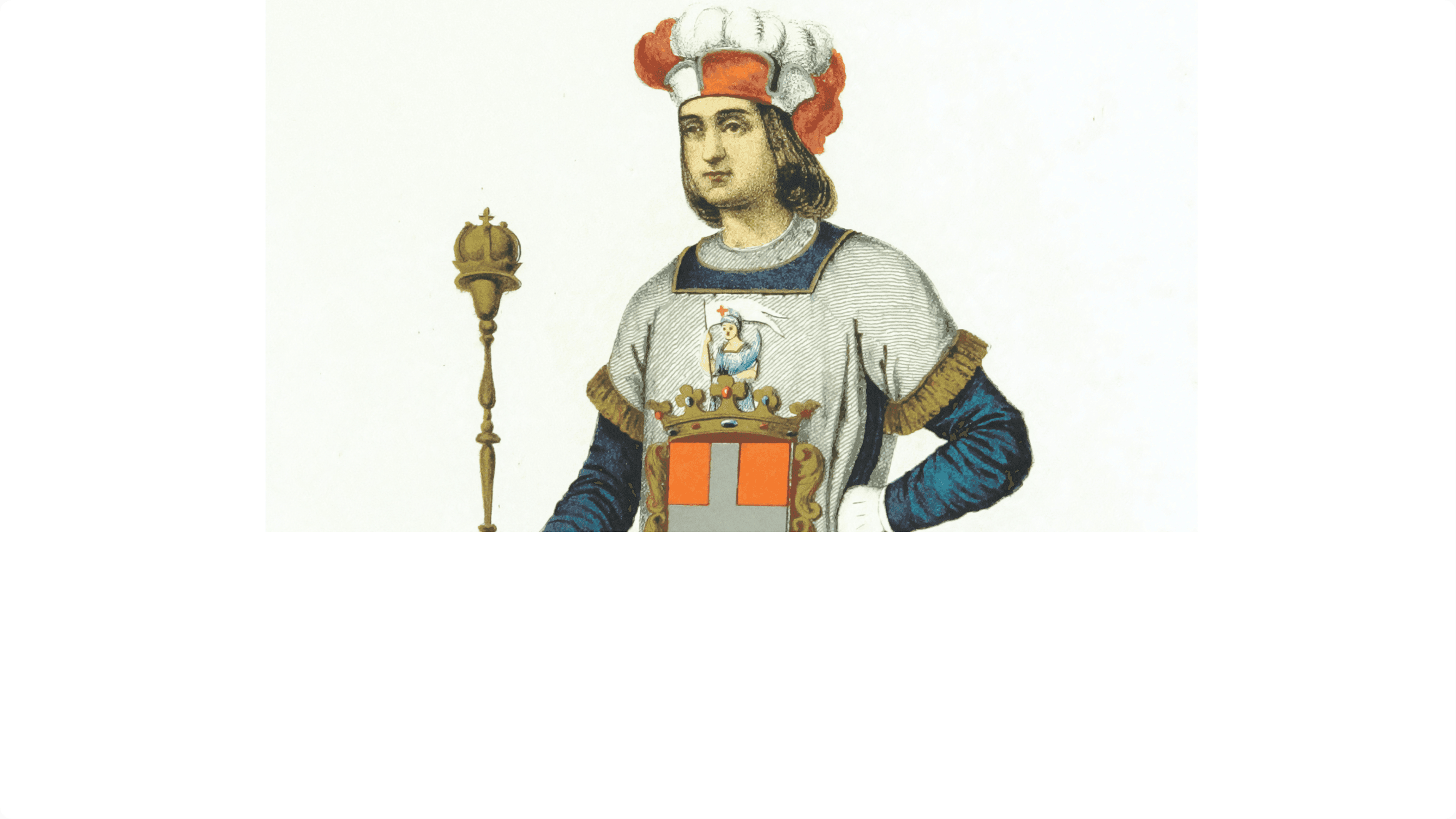Add to bookmarks
Copy link to the article
Add to bookmarks
Copy link to the article
Louis XIV ate alone. Not because he was antisocial. Because eating was political theater.
The Grand Couvert — the king's public dinner. Hundreds of courtiers stood for hours watching the king chew his food. They watched every bite like it was a sacrament.
Sounds absurd. But it was calculated.
When you're king of France in the 17th century, your problem isn't governing. It's making sure the nobles don't revolt. These guys have private armies, fortified castles, money. They have real power. The Fronde had just ended — the nobility almost overthrew the monarchy.
Louis XIV understood something: you can't beat nobles by force. But you can neutralize them by keeping them busy.
Versailles was a gilded prison. Louis transformed court life into a status game where every gesture mattered. Who could hold the king's shirt. Who could pass him the candle. Who could watch him eat.
These privileges seem stupid. But they were everything. Louis controlled access. He decided who got what. And nobles fought over symbolic scraps instead of plotting in their provinces.
Here's the genius: while nobles fought over who could stand closest to the royal table, they weren't raising armies. They were busy playing Louis's game.
Louis XIV reigned 72 years. The longest reign in European history. French nobles stayed at Versailles, fighting over empty rituals, while the king consolidated absolute power.
Absolute monarchy wasn't built by armies. It was built by etiquette. By turning power into theater, Louis made nobles forget they once had real power.
When you see someone create elaborate rituals around simple things, ask yourself: what are they really trying to control? The ritual is never just the ritual. It's always about who makes the rules.

Add to bookmarks
Copy link to the article
Louis XIV ate alone. Not because he was antisocial. Because eating was political theater.
The Grand Couvert — the king's public dinner. Hundreds of courtiers stood for hours watching the king chew his food. They watched every bite like it was a sacrament.
Sounds absurd. But it was calculated.
When you're king of France in the 17th century, your problem isn't governing. It's making sure the nobles don't revolt. These guys have private armies, fortified castles, money. They have real power. The Fronde had just ended — the nobility almost overthrew the monarchy.
Louis XIV understood something: you can't beat nobles by force. But you can neutralize them by keeping them busy.
Versailles was a gilded prison. Louis transformed court life into a status game where every gesture mattered. Who could hold the king's shirt. Who could pass him the candle. Who could watch him eat.
These privileges seem stupid. But they were everything. Louis controlled access. He decided who got what. And nobles fought over symbolic scraps instead of plotting in their provinces.
Here's the genius: while nobles fought over who could stand closest to the royal table, they weren't raising armies. They were busy playing Louis's game.
Louis XIV reigned 72 years. The longest reign in European history. French nobles stayed at Versailles, fighting over empty rituals, while the king consolidated absolute power.
Absolute monarchy wasn't built by armies. It was built by etiquette. By turning power into theater, Louis made nobles forget they once had real power.
When you see someone create elaborate rituals around simple things, ask yourself: what are they really trying to control? The ritual is never just the ritual. It's always about who makes the rules.
Ask in this thread
Create new subthread







